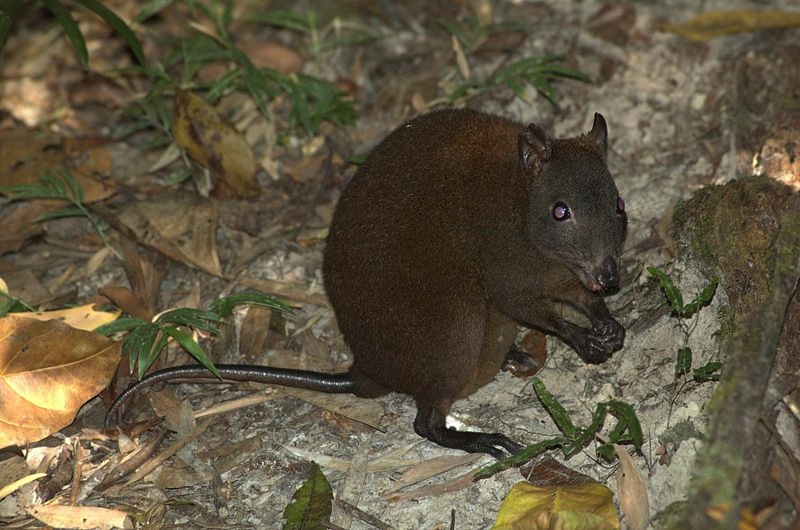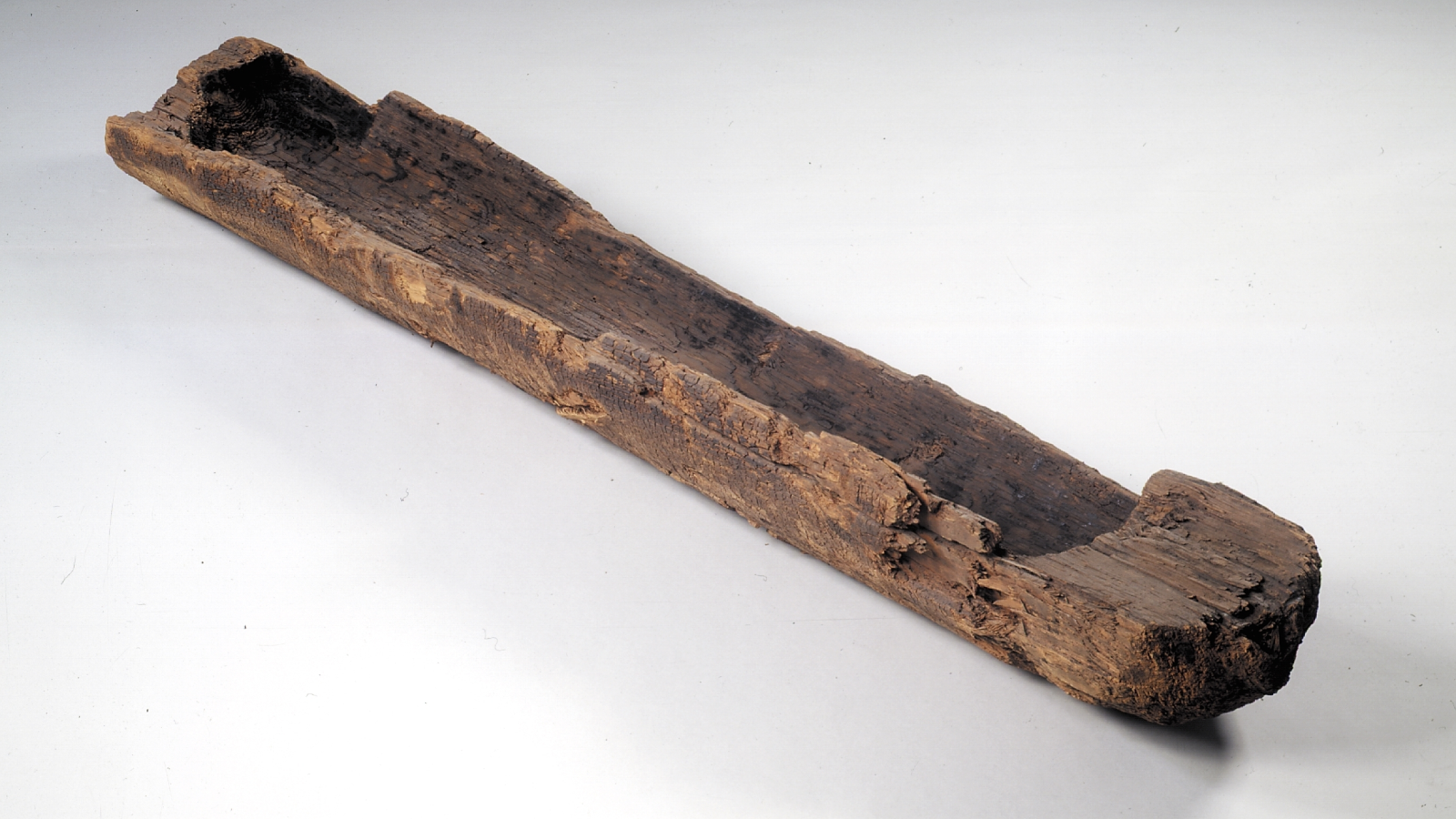Global Warming Could Kill Off World's Smallest Kangaroo

There's a new pint-size reason to save the rainforest: A recent study found that the tiniest kangaroo species on Earth — the musky rat-kangaroo — can only survive in tropical rainforests, which face threats posed by global warming, scientists say.
Therefore, climate change could be threatening the musky rat-kangaroo's very existence, according to the study, conducted by researchers at The University of Queensland and The University of New South Wales in Australia.
"We must carefully monitor the tropical rainforest because, if climate change does affect it, the musky rat-kangaroo, and possibly other species, will have nowhere to go," study leader Kenny Travouillon, a paleontologist at The University of Queensland's School of Earth Sciences, said in a statement. [6 Unexpected Effects of Climate Change]
Travouillon's conclusion about the tiny kangaroo is based on new fossil evidence that suggests that, unlike some other tropical-rainforest dwellers, the musky rat-kangaroo never diversified into other environments, such as more temperate rainforests.
The new fossils, which are among just two other musky-rat-kangaroo fossil species ever discovered, indicate that about 20 million years ago, multiple species of these smallmarsupials existed. Today, however, there is only one species of musky rat-kangaroo left, and a small tropical rainforest in northeastern Queensland, Australia, is the one place it calls home.
Travouillon said efforts should be made to save the musky rat-kangaroo because it is a key player in maintaining its tropical ecosystem.
These tiny marsupials serve as seed dispensers; the fruit-eating animals reintroduce seeds to the rainforest floor when they defecate, the researchers said. Along with just one other species — the large, flightless cassowary bird — the musky rat-kangaroo fulfills all the seed-dispensing duties for its entire habitat.
Get the world’s most fascinating discoveries delivered straight to your inbox.
"We need to carefully protect [the musky rat-kangaroo's] habitat, because it is too specialized to be relocated elsewhere and is an important contributor to its environment," Travouillon said.
The new musky rat-kangaroo fossil evidence could help scientists come up with a plan for saving these indispensable, but vulnerable, animals, Travouillon noted.
"Such finds help us better understand how animals and ecosystems evolve through climatic change, allowing us to better predict their responses to future climate change and protect the most vulnerable species," Travouillon said.
While Travouillon said scientists aren't sure what impact climate change may have on the musky rat-kangaroo's tropical rainforest home, he cited an Australian Climate Council report that states climate change could potentially have a major effect on such ecosystems.
The detailed findings of the study were published online March 4 in the Journal of Vertebrate Paleontology.
Follow Elizabeth Palermo on Twitter @techEpalermo, Facebook or Google+. Follow Live Science @livescience. We're also on Facebook & Google+. Original article on Live Science.
 Live Science Plus
Live Science Plus





